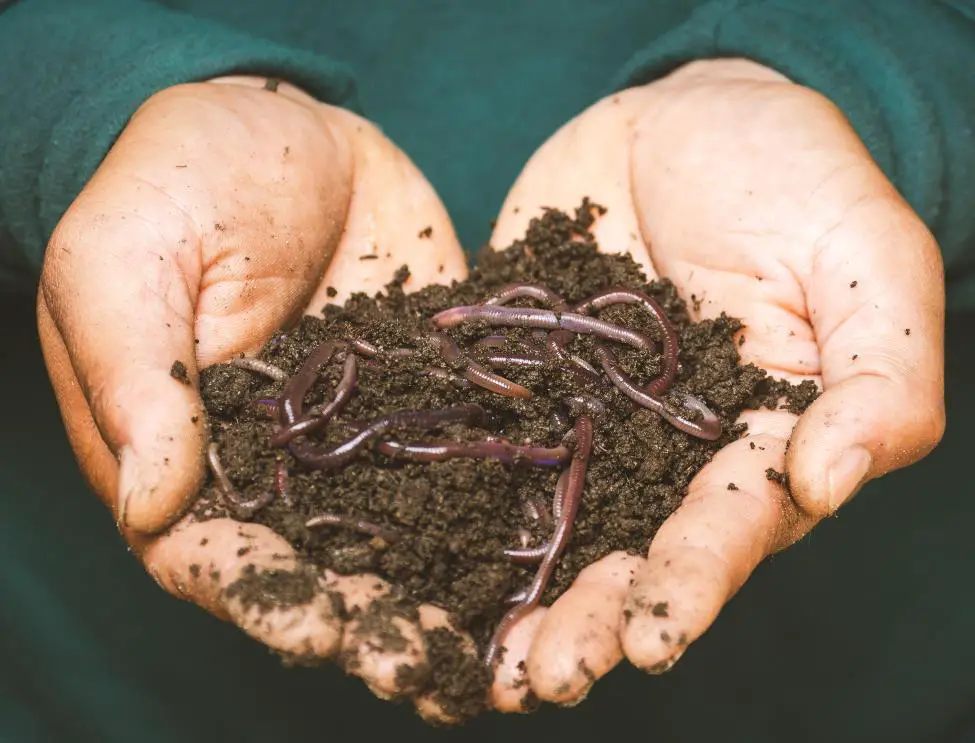Composting fruit and vegetable scraps helps to reduce materials going to landfill but can lead to your garden becoming a haven for rodents. Food scraps in the compost heap may be viewed as a backyard dinner for these creatures.
Rather than compost food scraps, an alternative is to establish a worm farm, which uses the scraps but contains them in rodent-proof containers. With a worm farm, you can turn your kitchen scraps and garden waste into rich, nutrient-packed compost for your plants. Worm farms are an eco-friendly and efficient way to recycle organic waste and produce high-quality fertilizer. In this post, we’ll explain how a worm farm works, step-by-step.
- Setting up the Worm Farm
- Choose a suitable container: A worm farm can be set up in a simple container such as a wooden box, plastic bin, or even a specialized worm composting system available in stores. Position your worm farm in a cool, dark place.
- Bedding: Create a cozy bedding for the worms using shredded newspaper, cardboard, coconut coir, or straw. This provides a comfortable environment for the worms to live and breed.
- Add the worms: Worms are amazing little things, but not many people know much about them. There are hundreds of different types of worms that have adapted to feeding in and on the soil. Compost worms, which are surface feeders, are the best choices for the breakdown of food scraps and organic waste. They are hungrier than earthworms and, more adaptable to conditions in worm farms or compost heaps. The most common compost worms are Indian blues, red wrigglers and tiger worms. Add them to the bedding, and they’ll start working their magic!
- Feeding the Worms
- Kitchen scraps: Worms are voracious eaters, and they love kitchen scraps like fruit and vegetable peels, coffee grounds, eggshells, and tea bags. Avoid adding meat, dairy, oily foods, and citrus fruits, as they can attract pests and make the worm farm smell bad.
- Garden waste: You can also add small amounts of garden waste like leaves and plant trimmings. Chop them up into smaller pieces to speed up the composting process.
- The Composting Process
- Eating and digesting: As the worms consume the organic waste, they break it down into smaller pieces using their strong muscles and digestive enzymes.
- Castings production: After digestion, the worms excrete nutrient-rich castings, which are also known as worm manure. These castings are packed with beneficial microorganisms and essential nutrients that plants love.
- Harvesting the Compost
- Wait for the compost: Composting with worms is not an overnight process. The worms may take several weeks to a few months to turn the waste into usable compost.
- Harvesting the castings: To harvest the compost, push the bedding and waste to one side of the bin and add fresh bedding and food to the other side. The worms will migrate to the new food source, and you can easily scoop out the finished compost.
- Using the Worm Compost
- Garden fertilizer: The worm compost you’ve harvested is a fantastic natural fertilizer. It improves soil structure, provides essential nutrients to plants, and enhances water retention.
- Indoor plants: You can use the worm compost for indoor plants, container gardens, or even mix it into potting soil for better results.
- Liquid fertiliser: Regularly draw off the worm wee and use it as liquid fertiliser.
- Maintaining the Worm Farm
- Regular checks: Check on your worm farm regularly to ensure everything is going smoothly. Make sure the bedding is moist but not soggy, and the worms have enough food.
- Balance the bin: Maintain a good balance between the amount of waste you add and the number of worms in the bin. If the worms can’t keep up with the food, reduce the feeding. If they finish the scraps quickly, add a bit more.
In conclusion, a worm farm is a simple and efficient way to recycle your kitchen and garden waste while producing nutrient-rich compost for your plants. By following these steps, you can create a thriving worm farm that not only benefits your garden but also contributes to a more sustainable and eco-friendly lifestyle. Happy composting!

